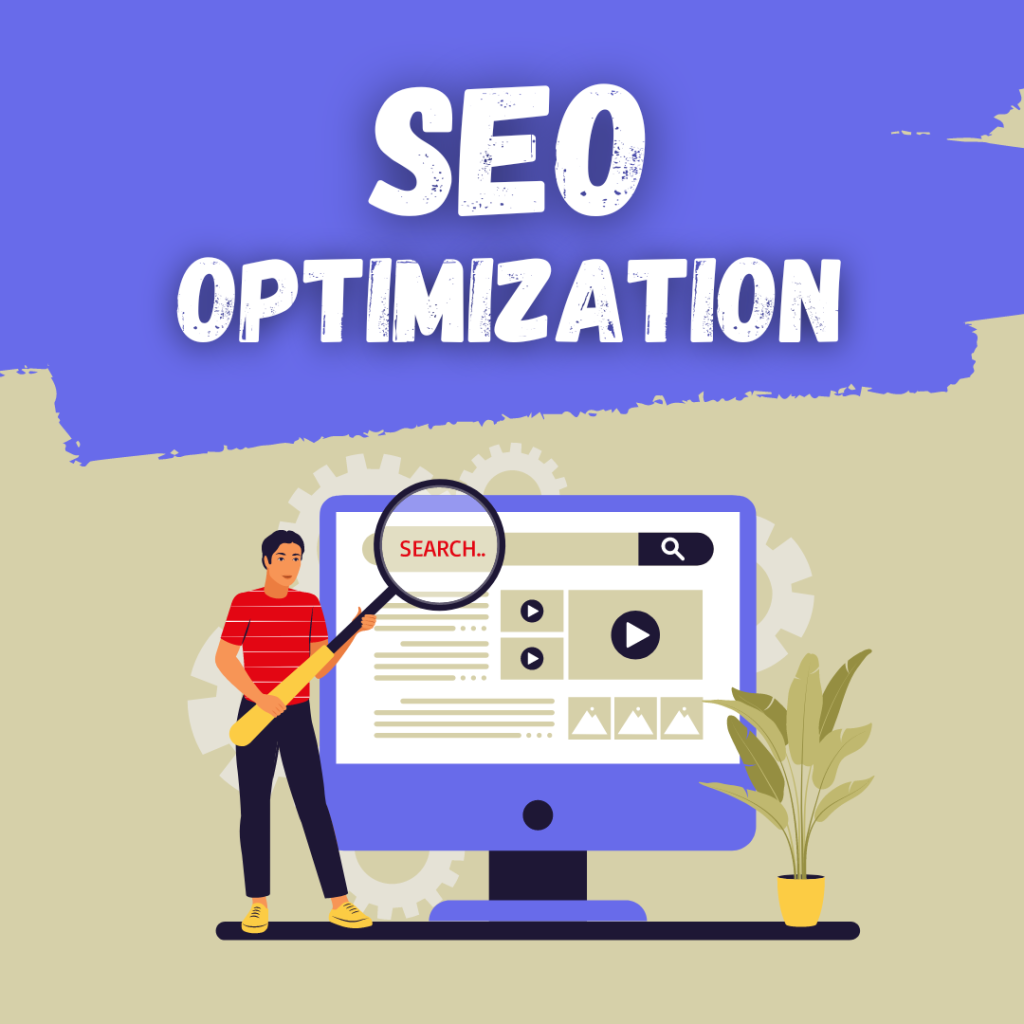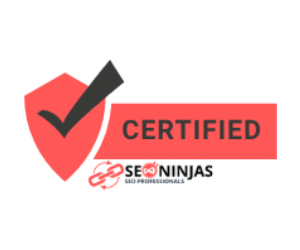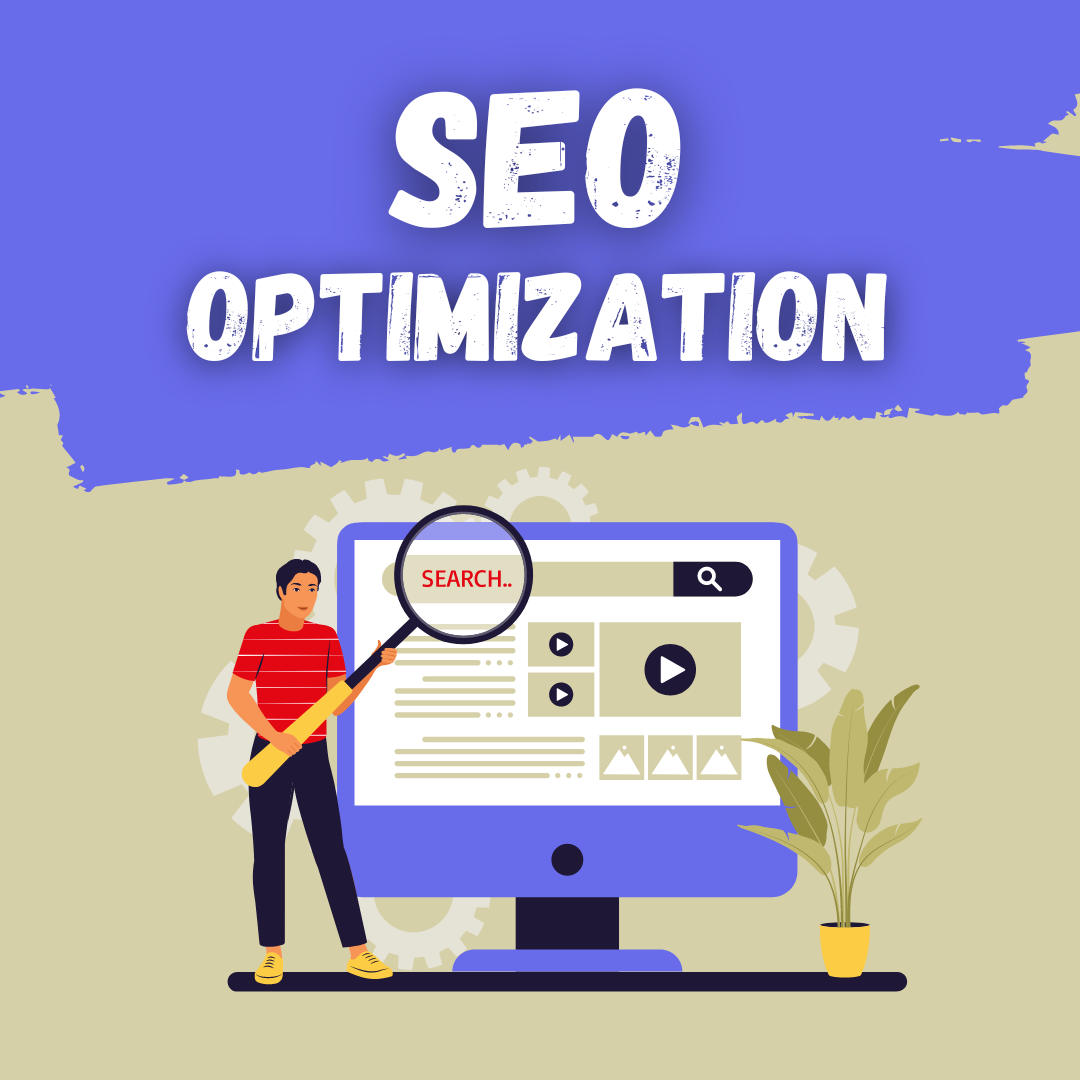Search engine optimisation, or SEO, is crucial in today’s digital environment if you want to increase your online presence, generate organic traffic, and connect with your target market. A systematic approach to SEO that prioritises providing value to users and improving their online experience is necessary to stay ahead of the curve as search engines are always changing their algorithms.
Finding the words and phrases your target audience uses while searching is the first step in optimising your online presence. You may increase the likelihood that your website will appear higher in search engine results pages (SERPs) by optimising its content, meta tags, and headings to match users’ searches. This can be done by studying users’ search intent and behaviour.
For search engines to find and rank your website higher, on-page optimisation is essential. This entails improving the content, HTML tags, and images on your website so that search engine bots can more easily crawl and index it. You may improve user experience and raise your chances of ranking better in search engine results pages by adding relevant keywords, optimising meta descriptions, and enhancing page load speed and mobile responsiveness.
Social media interaction and link building are examples of off-page optimisation that is important to SEO. Increasing the quantity and quality of backlinks from respectable websites tells search engines that your material is worthwhile and authoritative, which raises the authority and positioning of your website. Furthermore, interacting with your audience on social media and posting insightful information promotes brand awareness.
Moreover, companies who want to reach customers in a particular area must optimise for local search. Effective methods for raising your local search exposure and drawing in local clients include claiming and optimising your Google My Business page, making sure that your NAP (name, address, phone number) is consistent across internet directories, and asking for customer feedback.
Measuring the success of your SEO efforts requires routinely tracking and evaluating the performance parameters of your website. Important metrics like organic traffic, keyword rankings, and conversion rates may be tracked to help you pinpoint areas for improvement and make data-driven decisions to further optimise your approach.
To sum up, SEO is an effective strategy for raising your website’s organic traffic and online visibility. You can realise the full potential of SEO and establish long-term, steady growth for your company by concentrating on providing value to consumers, optimising the content and structure of your website, and keeping up with industry trends and best practices.





